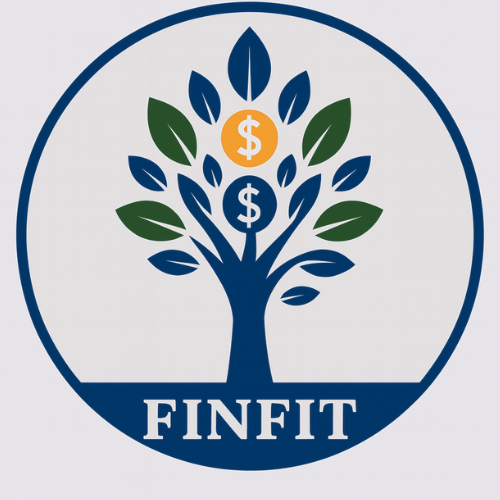🔐 What Is Money Vigilance?
Money vigilance is a belief system rooted in the idea that money must be handled with extreme caution, secrecy, and control. While it can lead to responsible financial habits like saving and budgeting, it can also create anxiety, guilt, and a reluctance to enjoy the benefits of financial success.
People with high money vigilance may:
- Avoid spending even when it’s necessary or beneficial.
- Feel uncomfortable discussing money.
- Judge others for their financial choices.
- Equate frugality with morality or self-worth.
Where Does This Belief Come From?
- Upbringing: Growing up in a household where money was scarce or tightly controlled.
- Cultural values: Emphasis on self-reliance, modesty, or financial privacy.
- Fear of instability: A deep desire to avoid debt, poverty, or financial dependence.
- Past trauma: Experiences of financial loss or betrayal.
Signs You Might Be Struggling with Money Vigilance
- You feel guilty spending money, even on necessities or self-care.
- You avoid sharing financial information with loved ones.
- You save obsessively but struggle to enjoy your money.
- You feel anxious about financial security, even when you’re doing well.
How to Move Beyond Unhealthy Money Vigilance
1. Acknowledge the Positive Intent
Money vigilance often stems from a desire for safety and responsibility. Recognize the strengths—like discipline and foresight—while also identifying where it may be holding you back.
2. Practice Mindful Spending
Ask yourself:
- Does this purchase align with my values?
- Will this bring joy, growth, or well-being?
- Am I avoiding this expense out of fear or wisdom?
3. Open Up About Money
Start small. Talk to a trusted friend, partner, or financial coach about your financial goals and concerns. Vulnerability can reduce shame and increase clarity.
4. Set “Enjoyment Goals”
Balance saving with intentional spending. Create a “fun fund” or plan for experiences that bring joy without guilt.
How FinFit Supports Healthier Money Vigilance
FinFit is designed to help individuals manage their finances with confidence, clarity, and balance. For those who lean toward money vigilance, FinFit offers tools to build trust in their financial decisions while encouraging a more open, empowered mindset.
✅ Smart Budgeting Tools
FinFit’s budgeting platform helps users track spending and saving in a way that aligns with their values—encouraging thoughtful, not fearful, financial choices.
✅ Financial Coaching
FinFit’s certified coaches help users explore the emotional roots of their money beliefs. They provide guidance on how to enjoy money responsibly and reduce anxiety around spending.
✅ Goal-Based Planning
Users can set both practical and personal goals—like saving for a vacation or investing in self-care—helping them see money as a tool for living, not just surviving.
✅ Educational Resources
FinFit offers content on emotional spending, financial wellness, and money mindset. These resources help users understand the balance between caution and abundance.
✅ Confidential & Secure
For those who value privacy, FinFit provides a secure, judgment-free space to manage finances without fear of exposure or shame.
Final Thoughts
Money vigilance can be a strength—but when it becomes a source of stress or restriction, it’s time to reassess. With the right tools and support, you can learn to trust yourself, enjoy your money, and live a life of financial peace.
FinFit is here to help you find that balance—because financial wellness isn’t just about saving money, it’s about living well.



